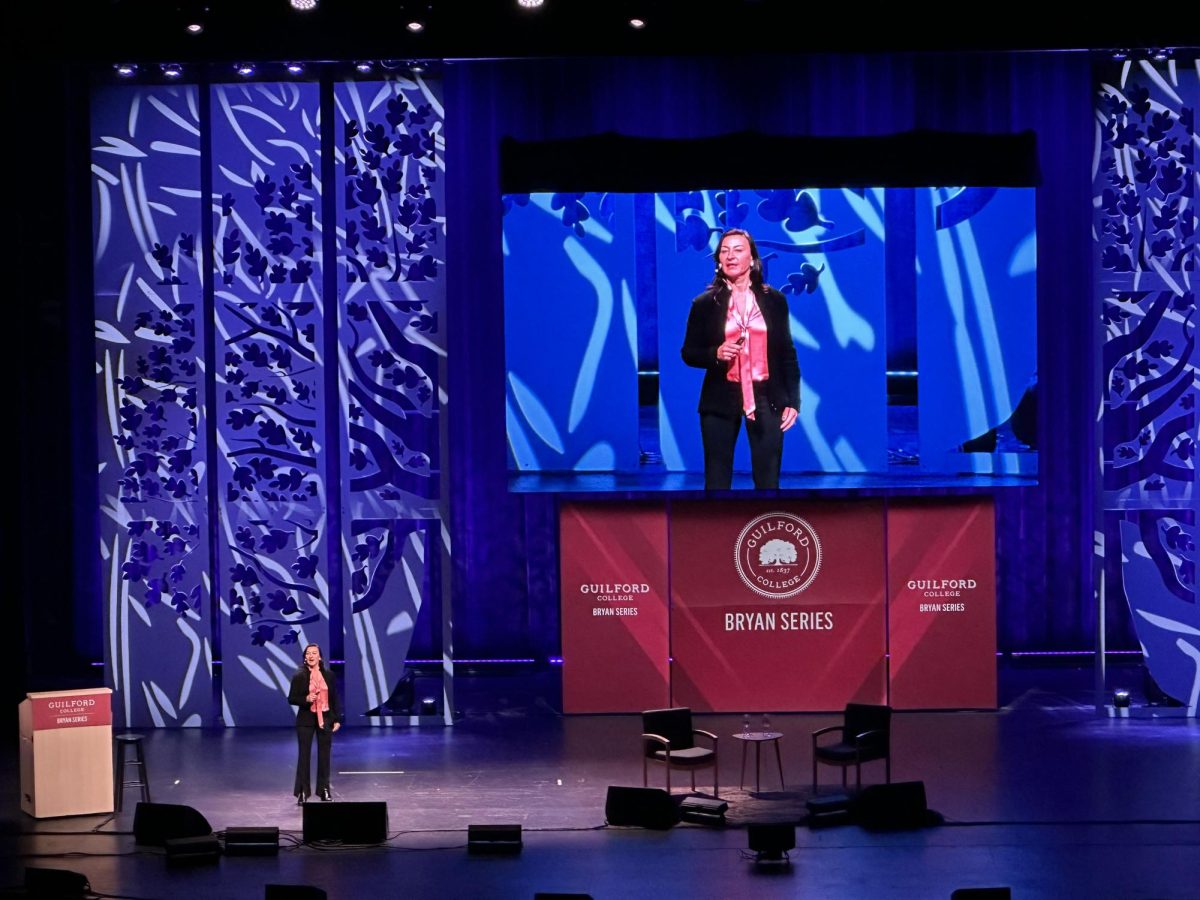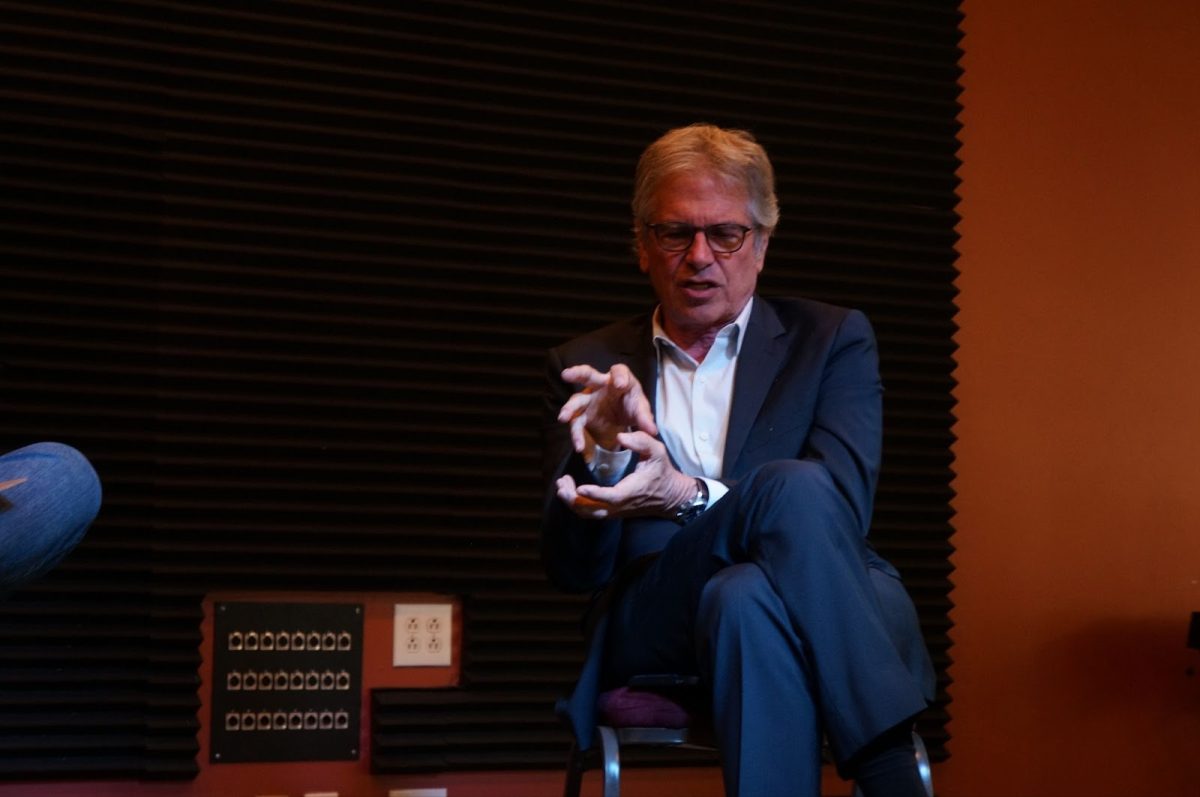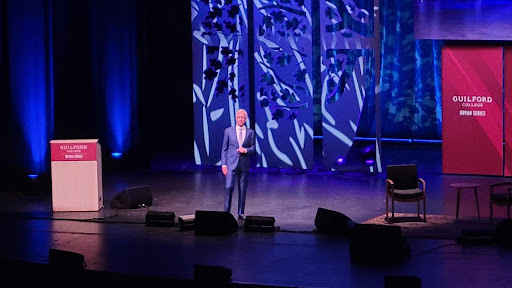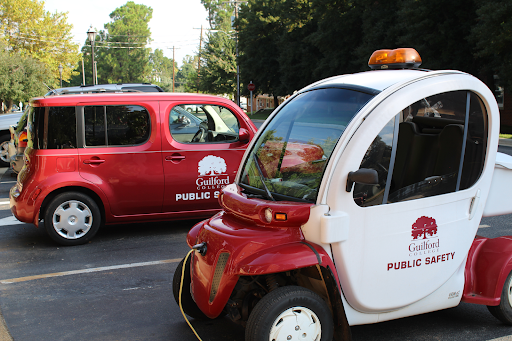“Military service, particularly during wartime, can leave lasting mental and physical scars that make it very difficult to reintegrate into civilian society,” said Ross Kintzer, a three-time veteran of the war in Iraq.
“There is absolutely a correlation between homelessness and military service. When you lose your capacity to function normally, even in a safe environment, you are losing a lot.”
Kintzer suffers from debilitating post-traumatic stress disorder, which he developed while fighting overseas. According to the U.S. Department of Veteran Affairs, 50,000 veterans have no home.
Eight percent of the homeless population in both Greensboro and Winston-Salem are veterans, according to counts done by each city last January. Now, both cities are pooling their resources in an effort to combat, and eventually end, veteran homelessness by 2015.
“We are in the final stages of a major funding effort to purchase land and buildings that should allow us to complete our mission of not only ending veteran homelessness, but also chronic homelessness in general,” said Winston-Salem Mayor Allen Joines in an email interview.
The cities were among the 69 cities selected to participate in Zero: 2016, a collaborative effort in communities across the Unites States to end chronic homelessness by 2016. It is led by Community Solutions, a nonprofit organization based in New York. While homeless veterans are the effort’s initial focus, the ultimate goal of the partnership between cities is to combat homelessness as a whole.
“We work with homeless individuals with the objective of getting them into permanent housing as rapidly as possible,” said Mayor Joines. “So far, this has included making available, as well as building, over 600 housing units.”
The cities hope to share data and strategies for dealing with homelessness in a coordinated way. Community Solutions will work with each city to help them improve their methods of data gathering, while sharing solutions for facing the problem, between cities throughout the nation.
The mayors of both cities understand that a full-scale elimination of the problem is not possible, but say their cities hope to quickly establish programs that will give homeless veterans the resources they need to cope with being homeless.
Other cities in the U.S. have had great success in implementing programs that are focused on not only providing people living on the street shelter, but also resources for their survival. In Portland, Oregon, the city has implemented a plan called “A Key Not a Card” as part of their 10 year plan to end homelessness. The program enables agencies working with the homeless to set up those who qualify with permanent housing for up to two years while they secure lasting employment or public benefits.
Elsewhere, in Memphis, Tennessee, two Rhodes College students started a newspaper called The Bridge. The paper gives a voice to members of the community — personal accounts of experiences of homelessness are printed alongside supplemental material from staff writers. People experiencing homeless are interviewed and trained to sell the paper in the city, providing them with an income.
By providing lasting resources and training, those employed by The Bridge are empowered and encouraged to take control of their lives.
“I’d say almost half of the homeless in the country are homeless as a result of unemployment,” said James Shields, director of the Bonner Center for Community Service. “So, I think it is important to try to empower people, but I think part of that empowerment involves taking a look at our government’s policies regarding the homeless. It’s important for Greensboro and Winston-Salem to attempt to provide a solution to the problem, and not just be a Band-Aid.”






